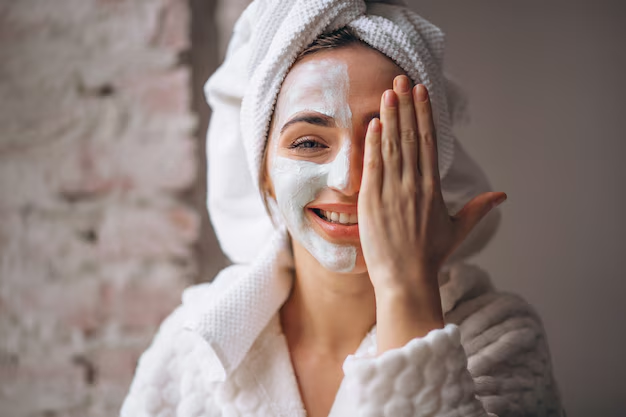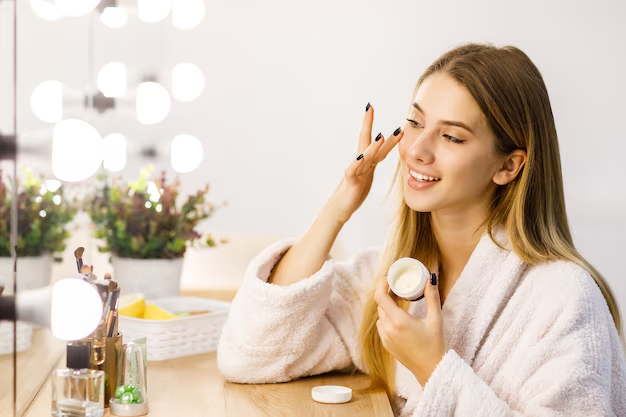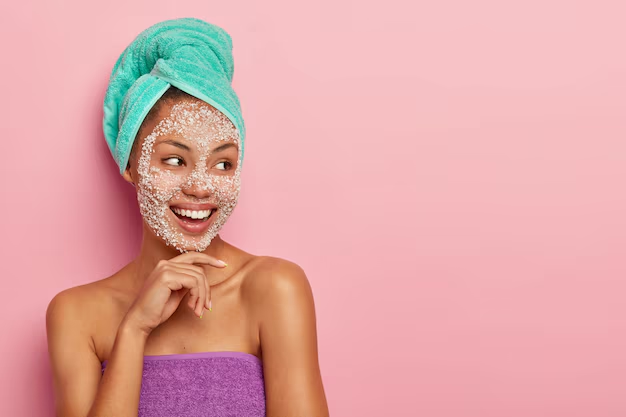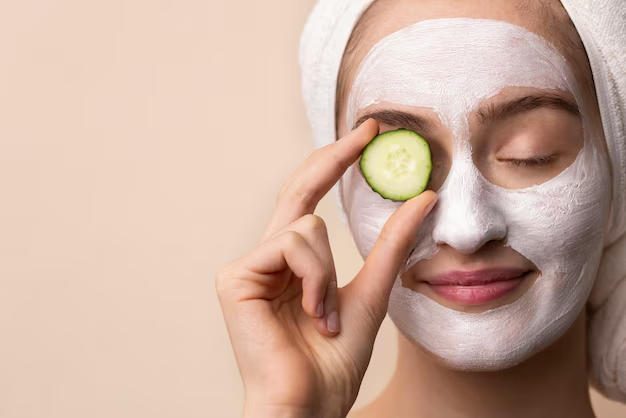As we approach 2025, the beauty industry continues to evolve, influenced by technological advances, cultural shifts, and a growing focus on sustainability. The way we approach skincare, makeup, haircare, and wellness is changing rapidly, with an increasing demand for products and practices that prioritize health, inclusivity, and environmental responsibility. Whether you’re a beauty enthusiast or simply looking to update your routine, here’s a glimpse at the beauty trends expected to dominate in 2025.
1. Skinimalism: Less is More
One of the biggest beauty trends for 2025 is “skinimalism.” This trend emphasizes the idea that less is more when it comes to skincare and makeup. It’s about simplifying your routine while still achieving a healthy, glowing complexion. Consumers are moving away from multi-step skincare regimens and heavy makeup in favor of minimalist routines that prioritize skincare-first beauty.
Instead of relying on layers of foundation and concealer, skinimalism promotes using products that improve skin health and enhance your natural glow. Expect to see more lightweight foundations, tinted moisturizers, and serums that deliver hydration and subtle coverage. Additionally, multifunctional products that combine skincare with makeup will rise in popularity.
2. Sustainability in Beauty
Sustainability is no longer just a buzzword; it’s becoming an essential part of the beauty industry. In 2025, eco-friendly beauty products and brands will continue to thrive. From packaging made of recycled materials to refillable containers, the beauty industry is taking strides toward reducing its environmental footprint.
Consumers are demanding transparency about how products are made, where ingredients are sourced, and how packaging is disposed of. Brands that focus on eco-conscious production, cruelty-free testing, and sustainable ingredient sourcing will lead the market. Expect to see more plant-based and biodegradable formulations that contribute to a cleaner planet.
3. Biotechnology and Skincare Innovation
Biotechnology is expected to revolutionize the skincare industry in 2025. Advances in this field are leading to more personalized and effective skincare solutions. Custom skincare products based on your genetic makeup, skin microbiome, and unique concerns are on the horizon.
Brands will use biotechnology to create skincare formulations that address specific skin needs more accurately. These products will target everything from hyperpigmentation to signs of aging using highly innovative ingredients derived from plants, fungi, and even algae. The future of skincare will be more science-backed and tailored than ever before.
4. Augmented Reality (AR) Makeup Try-Ons
With the rise of virtual shopping and online beauty consultations, augmented reality (AR) makeup try-ons will be more advanced in 2025. AR technology allows consumers to virtually try on makeup products before purchasing, helping to eliminate guesswork when choosing shades or formulas.
In 2025, expect AR try-ons to become even more precise, offering an experience that mimics real-life application. Consumers will be able to test products like lipstick, eyeshadow, foundation, and even hair color virtually, all from the comfort of their homes. This technology will help consumers make more informed purchasing decisions while providing a fun, interactive shopping experience.
5. Advanced Hair Care: Personalized and Targeted Treatments
Personalized hair care is expected to become a major trend in 2025. As with skincare, consumers will look for products tailored to their specific hair needs, whether it’s for volume, hydration, frizz control, or scalp health. Expect to see more advanced hair care tools and products that use AI and data analysis to assess your hair’s needs and deliver targeted treatments.
Hair care brands are also embracing sustainability, with eco-friendly packaging, clean ingredients, and waste-reducing practices becoming the norm. Expect innovations in hair serums, masks, and shampoos, all designed to work harmoniously with the unique texture and condition of your hair.
6. Gender-Inclusive Beauty
In 2025, beauty will continue to move toward inclusivity, with brands focusing on gender-neutral and gender-fluid products. The lines between traditional beauty categories for men and women will continue to blur, offering products that anyone, regardless of gender, can use.
Expect to see more unisex skincare and makeup options that cater to diverse skin types, tones, and concerns. As beauty standards become more flexible, consumers will demand products that reflect their individual needs, not their gender identity. Gender-inclusive beauty will be a core principle for many of the leading beauty brands of the future.
7. The Rise of Virtual Beauty Communities
As digital spaces continue to thrive, virtual beauty communities will become increasingly influential in 2025. These communities provide a platform for individuals to connect, share beauty tips, discuss products, and support one another in their beauty journeys.
Social media platforms like TikTok, Instagram, and YouTube will remain popular, but we’ll also see a rise in niche beauty platforms and apps where users can engage in virtual consultations, product reviews, and tutorials. These virtual spaces will help consumers make more informed choices about the beauty products they buy and create a sense of belonging in a growing global beauty community.
FAQs
1. What is skinimalism?
Skinimalism is a beauty trend that focuses on a simplified skincare and makeup routine, prioritizing healthy, glowing skin with minimal products.
2. How can I support sustainable beauty?
Choose eco-friendly brands, look for products with recyclable packaging, and opt for items with natural ingredients and cruelty-free certifications.
3. Will biotechnology revolutionize skincare in 2025?
Yes, biotechnology will enable more personalized skincare products tailored to your skin’s unique needs, improving efficacy and results.
4. How will AR makeup try-ons change the beauty industry?
AR makeup try-ons will offer consumers the ability to virtually test makeup products before buying, ensuring a better match and reducing returns.
5. What are personalized hair care products?
Personalized hair care products are those tailored to your hair’s specific needs, such as texture, moisture levels, and scalp health, using advanced technology to assess your hair type.
6. Are gender-neutral beauty products becoming more popular?
Yes, gender-neutral beauty products are gaining popularity, catering to individuals of all genders and emphasizing inclusivity and personalization.
7. How will virtual beauty communities impact the industry?
Virtual beauty communities will provide a space for beauty enthusiasts to connect, share advice, and make more informed product choices, further shaping consumer behavior.
Conclusion
The beauty industry in 2025 will be defined by inclusivity, sustainability, and innovation. From skinimalism and personalized skincare to AR makeup try-ons and gender-neutral products, the beauty landscape is rapidly changing. As consumers demand more personalized and eco-conscious options, brands will rise to meet these needs, shaping a beauty future that is as diverse and dynamic as the people it serves.
Key Takeaway
In 2025, the beauty industry will prioritize simplicity, sustainability, and inclusivity. Embrace the future of beauty by focusing on minimalism in your routine, choosing eco-conscious products, and exploring innovative technologies that personalize skincare and makeup. Beauty will be more about enhancing your natural features and supporting the planet than ever before.




